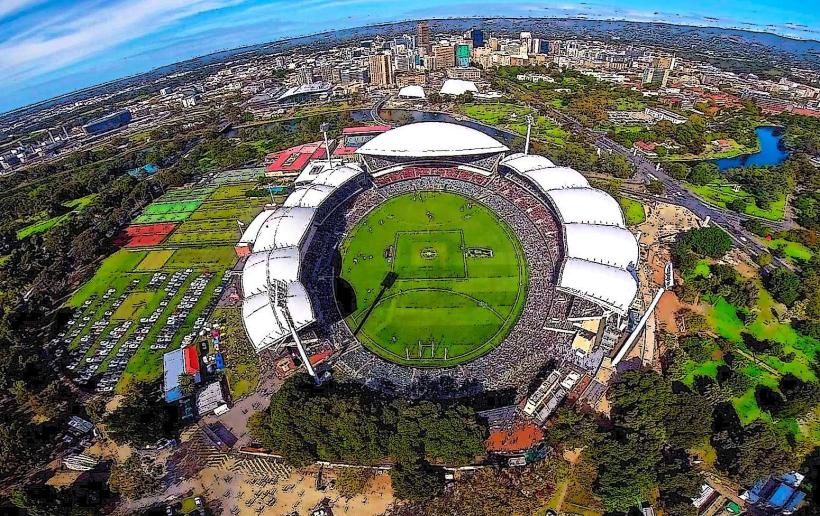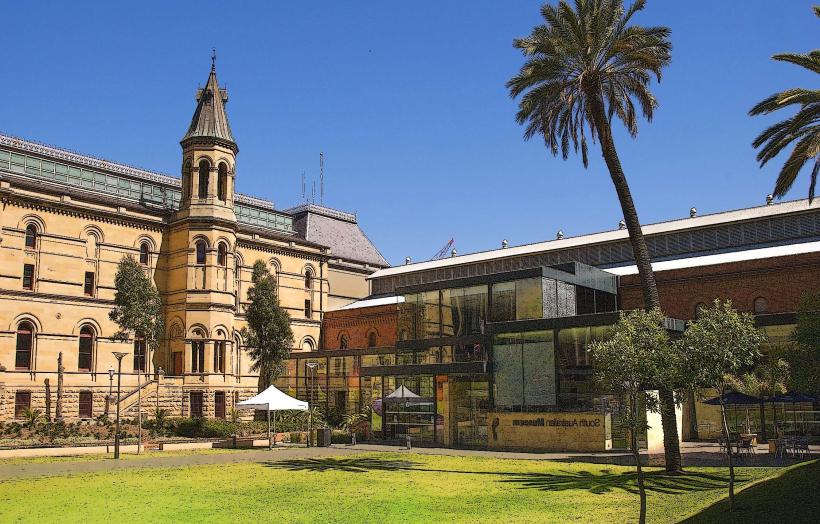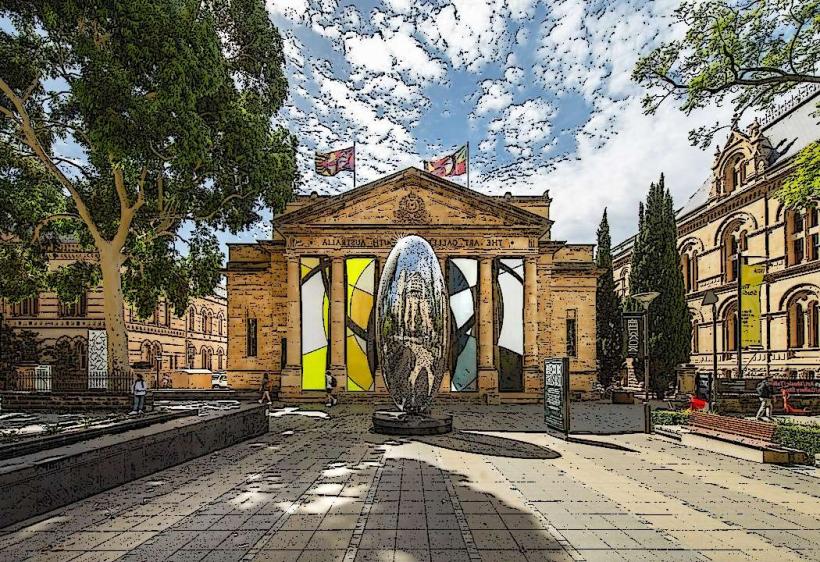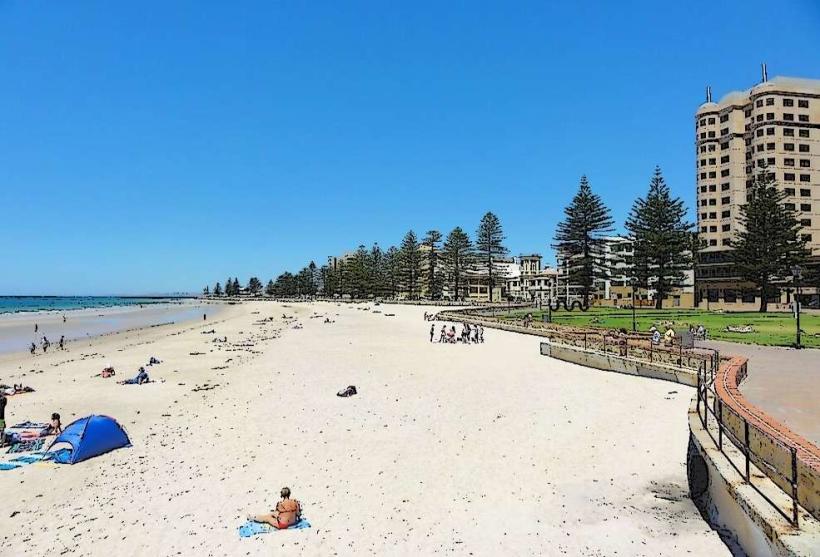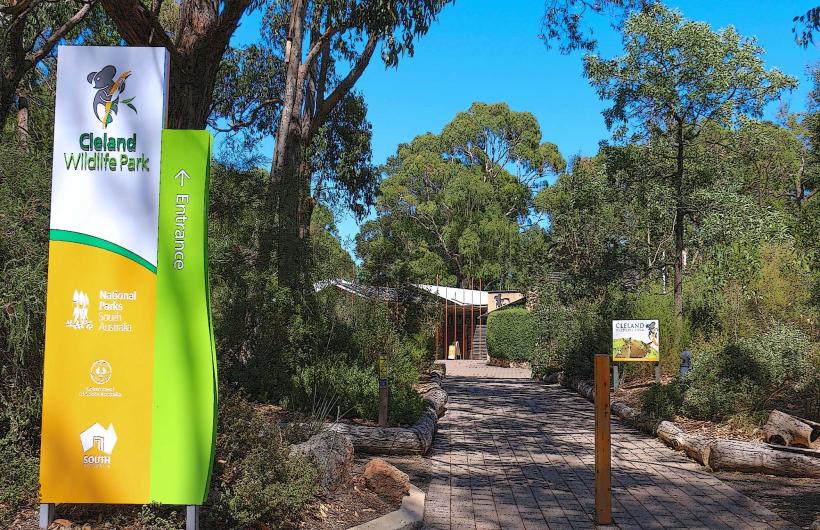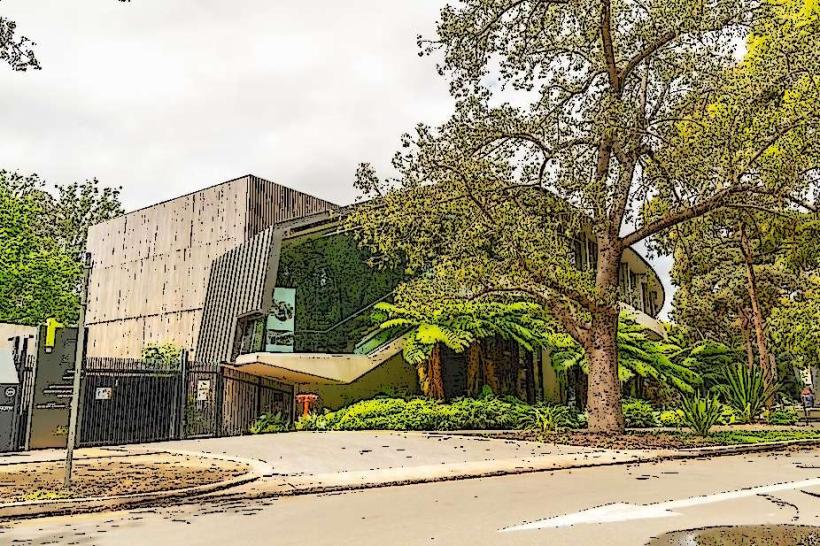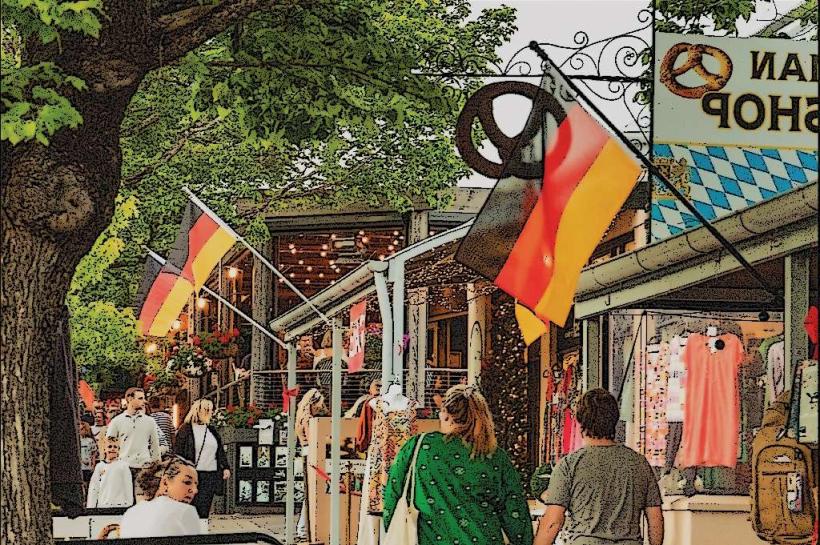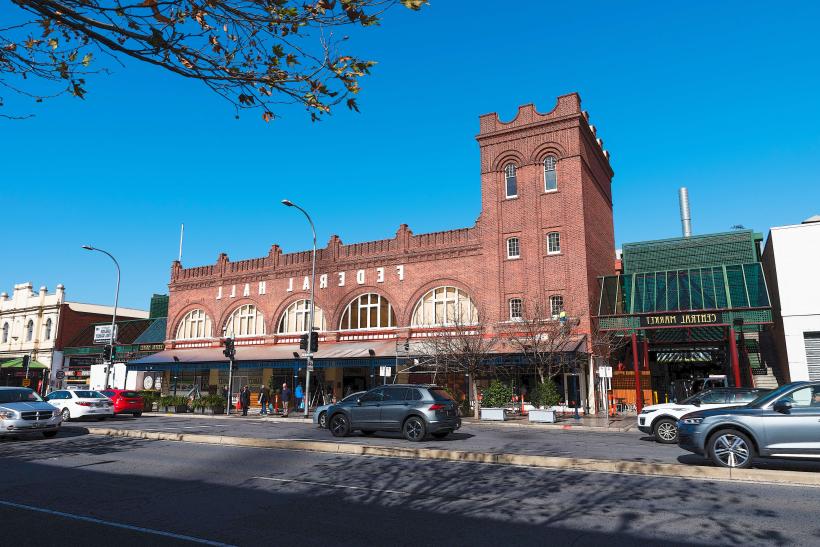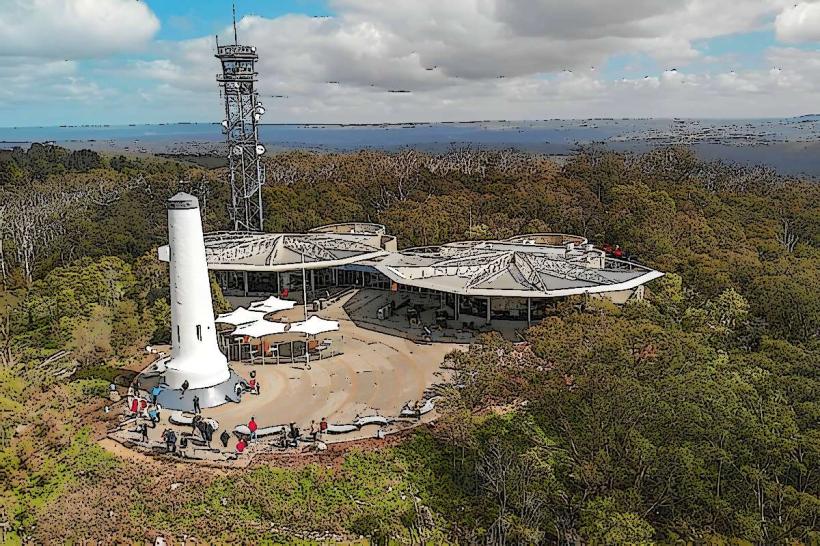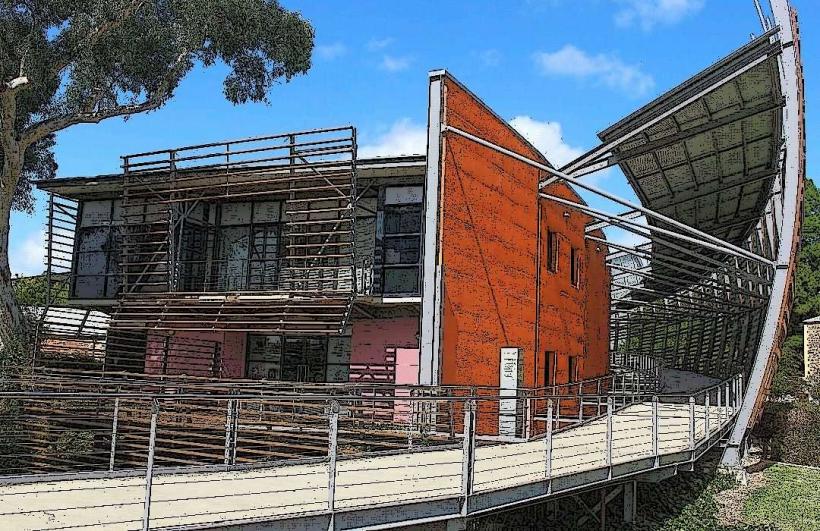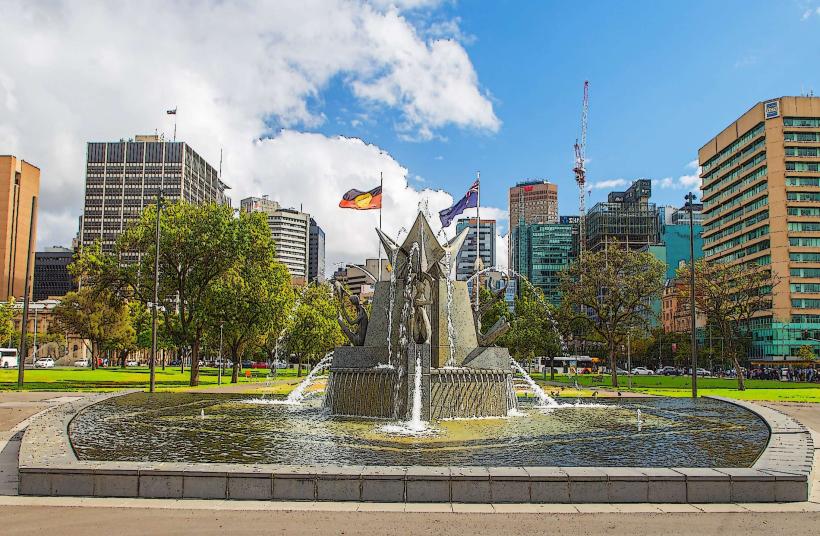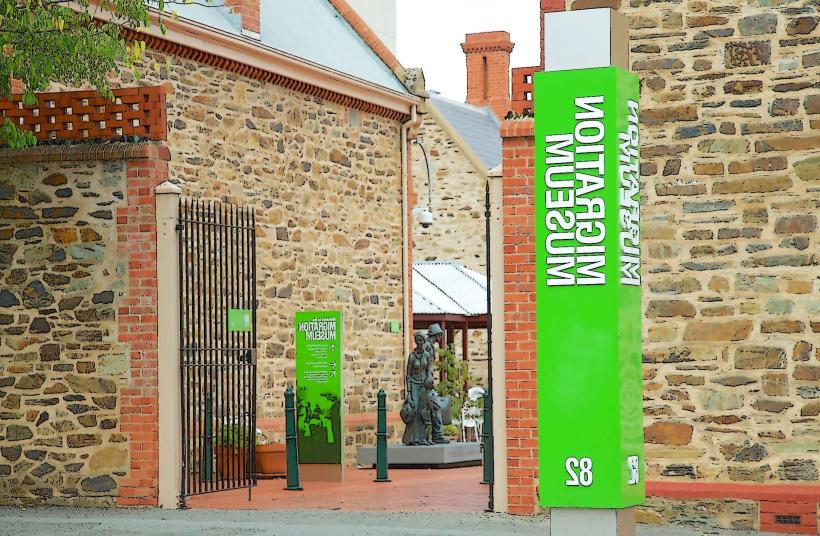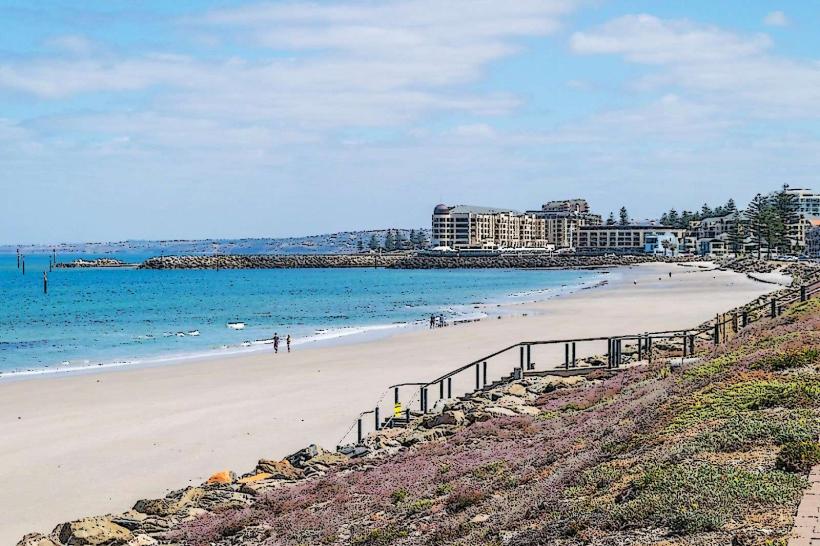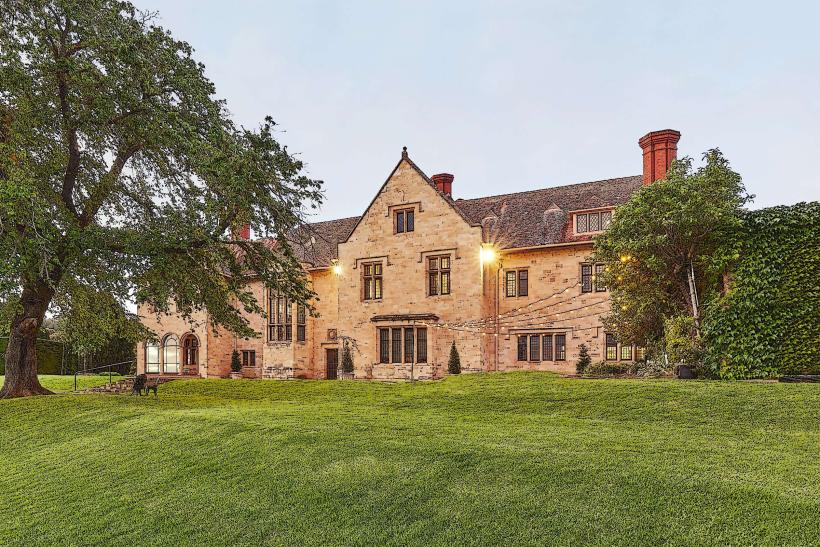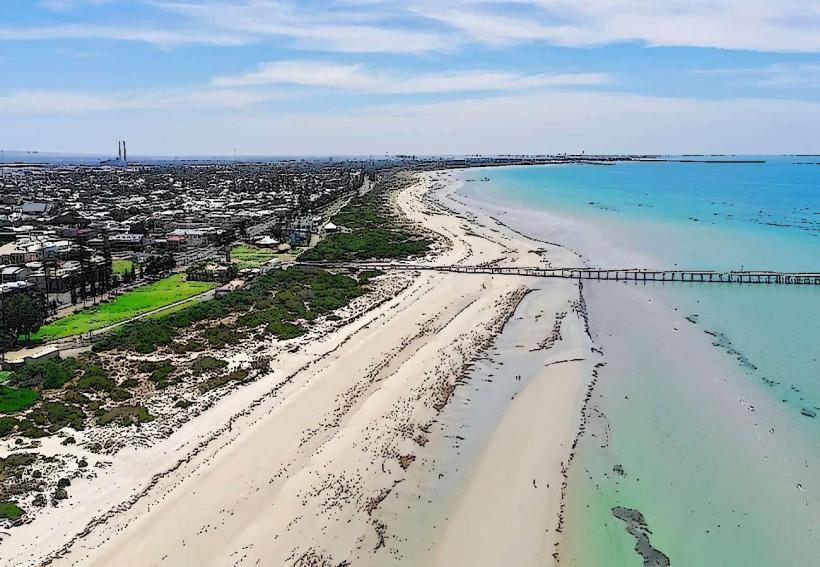Information
Landmark: Port AdelaideCity: Adelaide
Country: Australia
Continent: Australia
Port Adelaide, Adelaide, Australia, Australia
Port Adelaide is a historic port district located approximately 14 kilometers northwest of Adelaide's central business district in South Australia. It serves as a significant maritime heritage precinct and a hub for cultural activities.
Visual Characteristics
The area features a collection of well-preserved 19th and early 20th-century commercial buildings constructed from red brick and sandstone. Many structures exhibit Victorian and Edwardian architectural styles. The waterfront is characterized by wharves, jetties, and moored heritage vessels. The Port River estuary displays brackish water, with mangrove vegetation present along its banks.
Location & Access Logistics
Access from Adelaide CBD is via Port Road (A11) for approximately 14 kilometers. Driving time is typically 20-25 minutes depending on traffic. Paid parking is available at various locations, including the Port Adelaide Visitor Information Centre and along Commercial Road. Public transport options include the Outer Harbor train line, with a station located at Port Adelaide, and several Adelaide Metro bus routes, such as the 263 and 333, which service the area.
Historical & Ecological Origin
Port Adelaide was established in 1836 as the primary port for the colony of South Australia. Its development was driven by the need for a safe and accessible harbor for trade and immigration. The Port River estuary is a tidal system supporting a diverse range of marine life, including a resident population of bottlenose dolphins, and is bordered by coastal wetlands and mangrove forests.
Key Highlights & Activities
Visitors can explore the South Australian Maritime Museum, which details the state's seafaring history. The National Railway Museum is also located in Port Adelaide. Walking tours of the historic precinct are available. Boat tours on the Port River offer opportunities to observe dolphins. The area hosts various markets and festivals throughout the year.
Infrastructure & Amenities
Restrooms are available at the Port Adelaide Visitor Information Centre and along Commercial Road. Shade is provided by trees and awnings in commercial areas. Cell phone signal (4G/5G) is generally strong throughout the main precinct. Numerous cafes, restaurants, and pubs are located along Commercial Road and surrounding streets.
Best Time to Visit
For photography, early morning or late afternoon light provides optimal illumination of the historic architecture. The best months for weather are typically September through November (spring) and March through May (autumn), offering mild temperatures. Dolphin watching tours are most successful during daylight hours.
Facts & Legends
A local legend suggests that the ghost of a former lighthouse keeper, known as "Old Man Fog," still patrols the wharves. Historically, Port Adelaide was the site of significant immigration processing in the early 20th century, with many new arrivals first setting foot in Australia here.
Nearby Landmarks
- South Australian Maritime Museum (0.2km West)
- National Railway Museum (0.8km Southwest)
- Hart's Mill (1.5km South)
- Semaphore Beach (3.0km West)
- North Haven Marina (4.0km Northwest)



